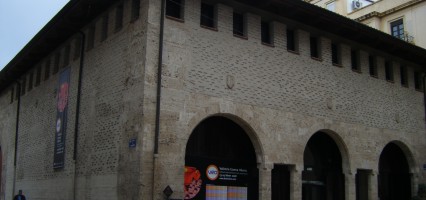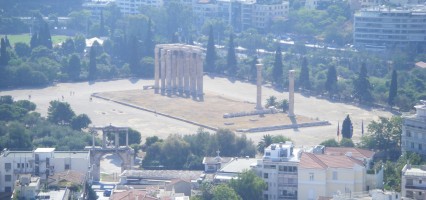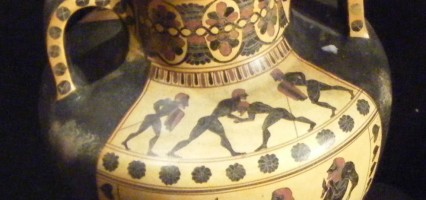Entrepreneurial Skills for Students in the Humanities
When you move across academic circles, you notice a general discontent about the state of Higher Education. The complaints are shot from all quarters. The professors are lamenting the good old age when they had time for research. The lecturers are complaining about the burden of becoming jacks of all trades. The administrators feel like they are second class citizens in a university that still nurtures medieval hierarchies. And they all complain about the students who exhibit a newly acquired cu... »





